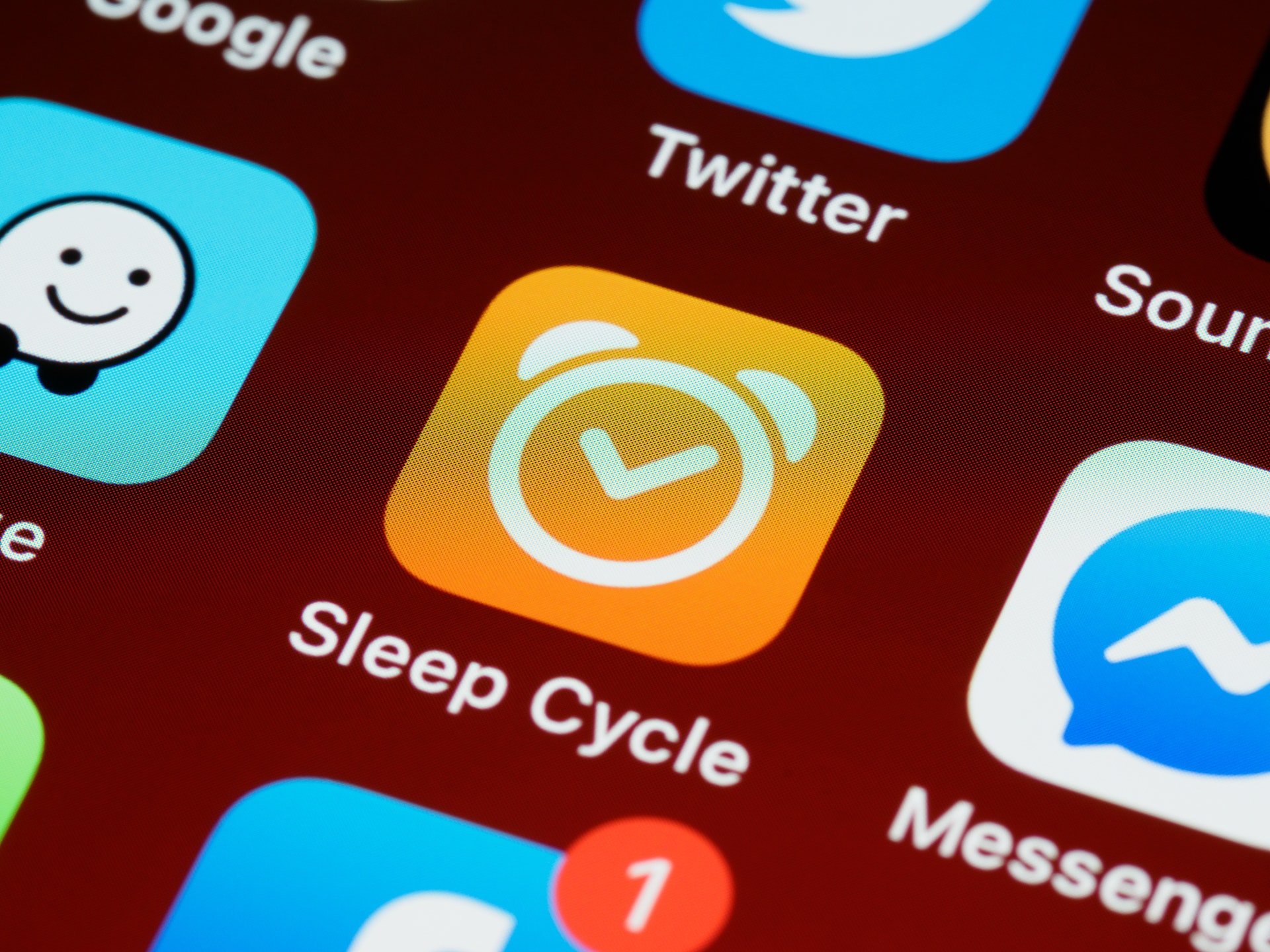The Internet of Things has potential to change the way we live. The sector is taking shape, appliance manufacturers, network providers and AI developers are forming alliances aimed at revolutionising the smart home. But this isn’t about smart kitchens (for that see Seb Martin’s piece here). The internet of healthy things can change healthcare beyond recognition, opening new possibilities in care for providers (HCPs), health services, payers and industry.
Technology that can benefit health
Advanced heartrate monitors, smartphones, webcams, and devices like Vodafone’s Diabetacare can already monitor vital signs amongst the most vulnerable in society and enable carers to make accurate health checks and share findings with professionals with ease.
Internet connected health monitors, devices and cellphones can collect tons of data. Huge data that can be mined allowing healthcare professionals to assess treatment efficacy in individuals and populations. It could be used for disease prediction, identify risks and potential biomarkers, and of course tackle the age-old problem of adherence and compliance.
Endless possibilities, but with a risk of alienating the patient rather than engaging them, e.g. data fears, or worries that the data will be used to prejudice them, deny care or rack up health premiums in the future.
Discover how your home can be more helpful and provide unique smart solution for cooking.

Patient view of healthcare revolution
But what about patients? As in the consumer sector, for the category to really take-off and the benefits be felt by all, benefits must be felt by consumers.
With an aging population, nuclear families, sometimes living thousands of miles apart and sky rocketing cost of care provision for the elderly, IoT technologies have the possibility to provide solutions to some of the issues these factors throw up, crucially though, they can connect both rationally and emotionally with patient needs. Consider this…
Jane is a company director in her 50s. She has an elderly father, who maintains his independence in his own home but is a constant worry to her. In the past, she would be reliant on phone calls and fitting in visits around a busy schedule to keep an eye on her father. With the aid of technology, instead of a crackly voice down the phone line, she can use her smartphone to view her father’s vital signs and health status at any time.

Technology can log Jane father’s heart rate, blood pressure, movements around the home and what he has eaten in recent days. This collected health data can be charted and evaluated to allow Jane to see how her father is doing and how his health is changing over time. She can also compare it with doctor-recommended norms, to see how he compares to people like him, quickly seeing if she should be concerned. With the aid of video calling she can to talk to and see how her father is doing and, if she’s worried, can connect a clinician to the call to plug-in a remote consultation and get a professional opinion.
In the coming years we will see many exciting innovations in the much touted ‘healthcare revolution’, but on a more human level the next time Jane’s father starts to become unwell, her clinicians are alerted and can act well before it becomes serious. All the while Jane and her father are free to live independent lives.
Read more about how market research can be used in the development of the internet of things and smart technology



![MD[x]T in prelaunch claims testing](https://www.bryter-global.com/hubfs/Image%204.jpg)
